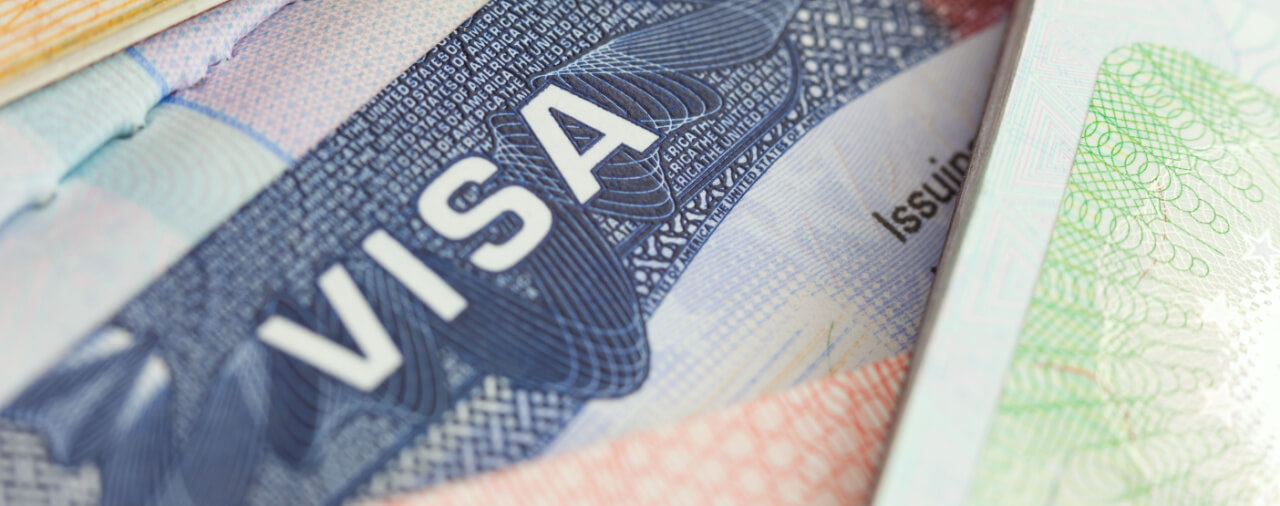- Introduction
- Granting Late Requests for Extension of Stay or Change of Nonimmigrant Status
- Effect of Grant
- Conclusion
Introduction
Certain nonimmigrants may apply to extend their period of authorized stay in the United States or change from their current nonimmigrant status to a new status. Whether a particular nonimmigrant is eligible for an extension of stay or change of status [see article] depends on the particular facts and circumstances of his or her current status and request. The application for an extension of stay or change of status is usually filed on either the Form I-129 for Form I-539, depending on his or her current status. On January 24, 2024, the United States Citizenship and Immigration Services (USCIS) updated its policy guidance on work visa [see category] cases in which it may process an untimely application for extension of stay or change of status.
We will discuss the following USCIS documents in this article:
PA-2024-02: Untimely Filed Extensions of Stay and Change of Status Requests [link]
2 USCIS-PM A.4(A) (archived on January 31, 2024) [link]
Granting Late Requests for Extension of Stay or Change of Nonimmigrant Status
The regulations for extension of stay (8 C.F.R. 214.1(c)(4) [link]) and change of status (8 C.F.R. 248.1(b) [link]) provide that an alien must be maintaining and have maintained his or her previously accorded status in order to be eligible for an extension and/or change of status. Thus, a nonimmigrant must generally apply for an extension of stay or change of status while he or she is maintaining his or her prior status. An application filed after the alien’s prior status expired will usually be denied. However, the regulations for both extension of stay and change of status contain nearly identical language providing for limited exceptions for late filers. We quote the exceptions below:
The delay was due to extraordinary circumstances beyond the control of the applicant or petitioner, and the Service finds the delay commensurate with the circumstances;
The alien has not otherwise violated his or her nonimmigrant status;
The alien remains a bona fide nonimmigrant; and
The alien is not the subject of deportation proceedings under section 242 of the Act (prior to April 1, 1997) or removal proceedings under section 240 of the Act.
(Minor note regarding point four: “Deportation proceedings” commenced prior to April 1, 1997, are only included in the extension of stay regulations and not in the change of status regulations.)
The regulations use, but do not define, the term “extraordinary circumstances” in the context of late applications for extension of stay or change of status. The revised USCIS Policy Manual at 2 USCIS-PM A.4(A) provides two examples of what the Service may consider to be “extraordinary circumstances” in light of the facts in a particular case:
Where the person remained in the United States after the expiration of the period of admission due to a slowdown or stoppage of work involving a strike, lockout, or other labor dispute; or
Where the primary reason for the late filing is the inability to obtain a certified labor condition application or temporary labor certification due to a lapse in government funding supporting those adjudications.
These scenarios are not exhaustive. That is, there may be cases not described by either of the examples that constitute extraordinary circumstances. Regarding the examples themselves, it is important to remember that the regulations provide that establishing an extraordinary circumstance for a late application is necessary but not sufficient. The applicant must also establish that the delay “was commensurate with the circumstances.” Following the example, this means that it is entirely possible that an applicant could establish that his or her delay was tied to a labor dispute or a labor certification issue but that the delay was not reasonable in light of the established extraordinary circumstance.
Effect of Grant
The Policy Manual explains the effect of granting an untimely application for extension of stay or change of nonimmigrant status.
In the case of granting an untimely extension of stay request, “the approval is effective as of the date of the expiration of the prior nonimmigrant admission period.” 8 C.F.R. 214.1(c)(4). That is, approval is effectively backdated to when the alien’s prior status expired.
The rules for granting untimely applications for change of nonimmigrant status are slightly different than the extension of stay case. “[T]he change of status takes effect on the approval date” instead of the date on which the alien’s previous status expired. However, “USCIS considers the applicant or beneficiary of an approved untimely change of status request to have maintained lawful status during the period USCIS excused.” Thus, the alien’s change of status takes effect on the day the application is approved instead of the date the alien’s prior nonimmigrant status expired, but for immigration purposes, the USCIS considers the alien to have maintained lawful status in the period between the expiration of the alien’s previous status and the beginning of his or her new status.
Conclusion
A petitioner or beneficiary seeking to extend or change an alien’s nonimmigrant status should always proceed under the assumption that the application must be timely in order to be approved. When a timely application is not possible due to genuinely extraordinary circumstances, the petitioner or beneficiary must still exercise due diligence in filing the application as soon as possible in light of the extraordinary circumstance. We recommend consulting with an experienced immigration attorney for case-specific guidance and counsel on the possible immigration ramifications of having an untimely application denied.





